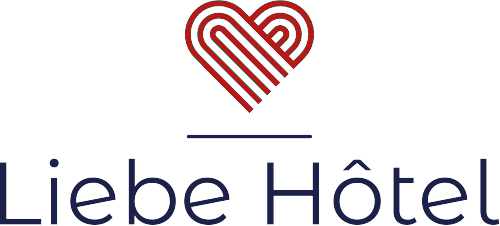
The Fascinating Libet Experiment: Unraveling Free Will
The Libet experiment, conducted by neuroscientist Benjamin Libet in the 1980s, has had a profound impact on our understanding of consciousness and free will. Libet’s research has sparked discussions that transcend neuroscience, delving into philosophy and ethics. In this article, we will explore the details of the Libet experiment, its findings, implications for free will, and how it continues to influence contemporary discussions in neuroscience and philosophy. To learn more about related topics, visit Libet https://libetcasino.com/.
What is the Libet Experiment?
The original Libet experiment sought to understand the relationship between conscious intention and the brain’s electrical activity. Subjects were asked to perform a simple motor task: to flex their wrist at a time of their choosing. During this task, their brain activity was monitored using electroencephalography (EEG). Libet discovered a specific pattern of brain activity, which he termed the “readiness potential,” that occurred several hundred milliseconds before the subjects consciously reported their intention to act.
The Findings

Libet found that the readiness potential, a measure of brain activity, began approximately 550 milliseconds before the subject reported a conscious intention to move. This lead to a groundbreaking realization: the brain appears to initiate the decision to act before we consciously acknowledge it. Thus, the time discrepancy between brain activity and conscious awareness was pivotal in the debate about free will. If our brain decides to act before we are even aware of it, could it mean that our sense of free will is an illusion?
Implications for Free Will
The results of the Libet experiment raise significant philosophical questions about the nature of free will. This has led to various interpretations about what it means to be a conscious agent. If our brains are making decisions before we consciously decide to act, then where does that leave the traditional understanding of free will? Are we merely puppets controlled by neurological processes, or is there still an element of conscious choice involved?
Responses to the Libet Experiment
The initial reactions to Libet’s findings were varied. Some philosophers and cognitive scientists embraced the implications, suggesting they indicate a limited understanding of how free will operates. Others challenged Libet’s conclusions and methods, arguing that the readiness potential does not necessarily correlate with decision-making. They propose that while the brain may show readiness for action, the conscious mind may still play a role in the final decision-making process, allowing for a form of free will to exist.

Libet’s Later Reflections
In subsequent discussions, Benjamin Libet himself suggested a nuanced view of free will. He proposed that while the initial decision may be unconsciously initiated, consciousness has a critical role in what he termed “veto power.” This means that although a decision might be initiated unconsciously, individuals still have the ability to intervene and choose differently before the action is executed. This nuance is essential for understanding human agency and moral responsibility in a modern context.
Continuing Influence and Modern Applications
The Libet experiment has led to ongoing research in neuroscience and philosophy. Subsequent studies have explored variations of his original experiment, often employing advanced imaging techniques like functional Magnetic Resonance Imaging (fMRI) to further investigate the timing of brain processes related to decision-making. Researchers are also delving into how factors such as social conditioning, environment, and genetics influence our choices, adding layers of complexity to the conversation about free will.
Conclusion
The insights gained from the Libet experiment have left an indelible mark on our understanding of consciousness and free will. While the idea that our brain makes decisions ahead of our conscious awareness is uncomfortable for many, it is also an invitation to explore deeper questions about human nature. The intersection of neuroscience, philosophy, and ethics continues to be a fertile ground for inquiry. As we evolve in our understanding of the brain and behavior, the debates initiated by Libet’s experiment will remain essential in exploring the essence of what it means to be human.
